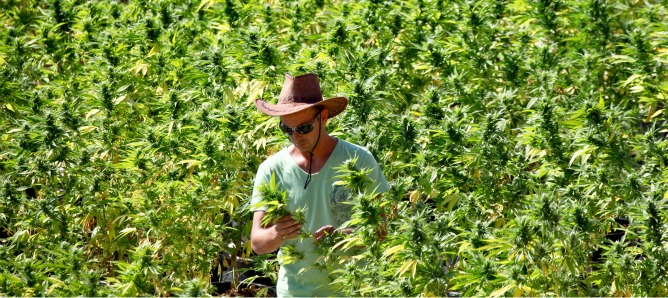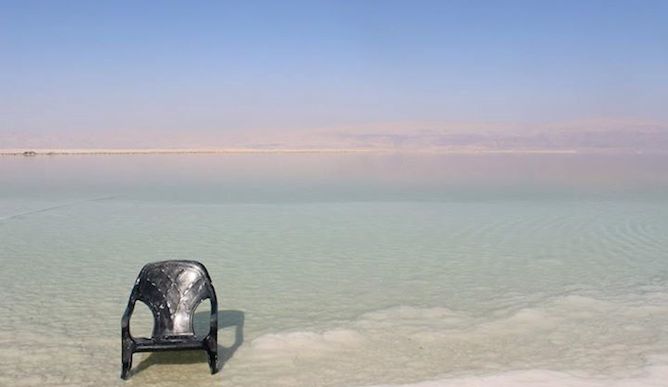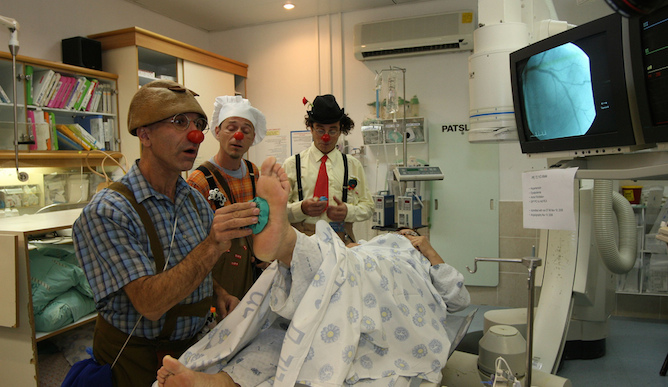While Americans petition state senators to legalize medical marijuana, and the Dutch simply go to an Amsterdam café to self-medicate, thousands of Israelis are enrolled in a regulated medical marijuana program. As talk-show veteran Montel Williams recently saw for himself, Israel is one of the most progressive countries in the world to “legalize it.”
Israel’s inroads into legalizing cannabis for pain relief and managing terminal illness rest on the seminal research of Prof. Raphael Mechoulam of the Hebrew University in Jerusalem’s Center for Research on Pain.
Back in 1964, working from bags of hashish seized by the local police, Mechoulam isolated the active compound from cannabis, THC. He came to be a trusted consultant on the topic to governments and individuals — even to a US senator who was worried about his child’s use of pot at jazz clubs — and urged that derivative compounds called cannabinoids be legalized for medical purposes in Israel.
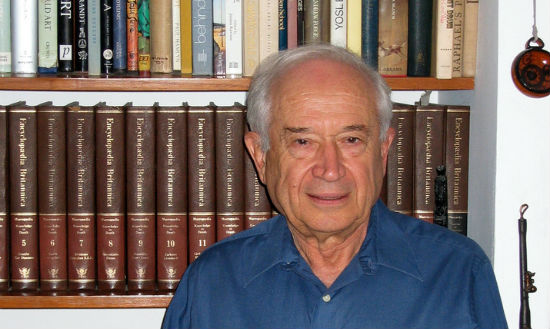
Reducing the reliance on opiates
Mechoulam’s lab was one of the stops on a recent tour of Israel’s medical marijuana researchers by US celeb Montel Williams, who told reporters that the United States could learn a few things from Israel’s approach.
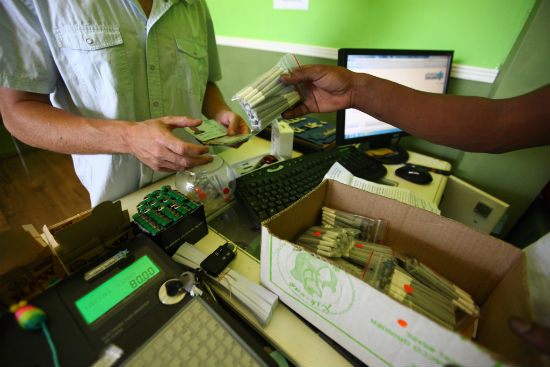
“At present, about six or seven thousand people get it for various reasons, for [chronic] pain and for cancer, as it’s helping the symptoms of cancer by lowering the amount of opiates patients have to take,” Mechoulam tells ISRAEL21c. That number is expected to rise to about 40,000 by 2016.
“People who are in great pain who are taking opiates aren’t really functional anymore. Taking THC as a medical marijuana, or in its pure form, means that the opiates can be lowered, and then this person will have a better way of life,” he says.
Rigorous screening
The Health Ministry slowly began the program in 1994, but it really got going in 2002 under the direction of Dr. Yehuda Baruch from Abarbanel Hospital, a psychiatric facility in Bat Yam.
Patients of all ages may apply for approval through their own medical doctor or through the Sheba Medical Center, and must pass a rigorous screening process. Those eligible include cancer patients undergoing chemotherapy; cancer patients with final-stage tumors; patients enrolled in an Israeli HIV center; and people under treatment for chronic pain, Crohn’s or ulcerative colitis, MS and post-traumatic stress disorder.
When properly dispensed under medical supervision, medical cannabis has a very low rate of abuse, says Mechoulam.
Still working as a researcher, Mechoulam is asked periodically to test the levels of THC in pot grown by licensed Israelis. And while he’s happy with the country’s progress, he says more research needs to be done on standardizing the dosages and incorporating missing elements in the medical strain used in Israel.
“Basically Israel is moving in the right direction. [THC] has to be better quantified, and cannabidial, a potent anti-inflammatory agent, needs to be present in the doses used in Israel,” he says. Cannabidial alleviates possible undesirable side-effects of THC.
These room-to-grow tips not withstanding, “Israel is one of the leading cannibinoid centers of research in the world. There are about two dozen groups working on it and people come from all around the world to see what we do,” Mechoulam concludes.




